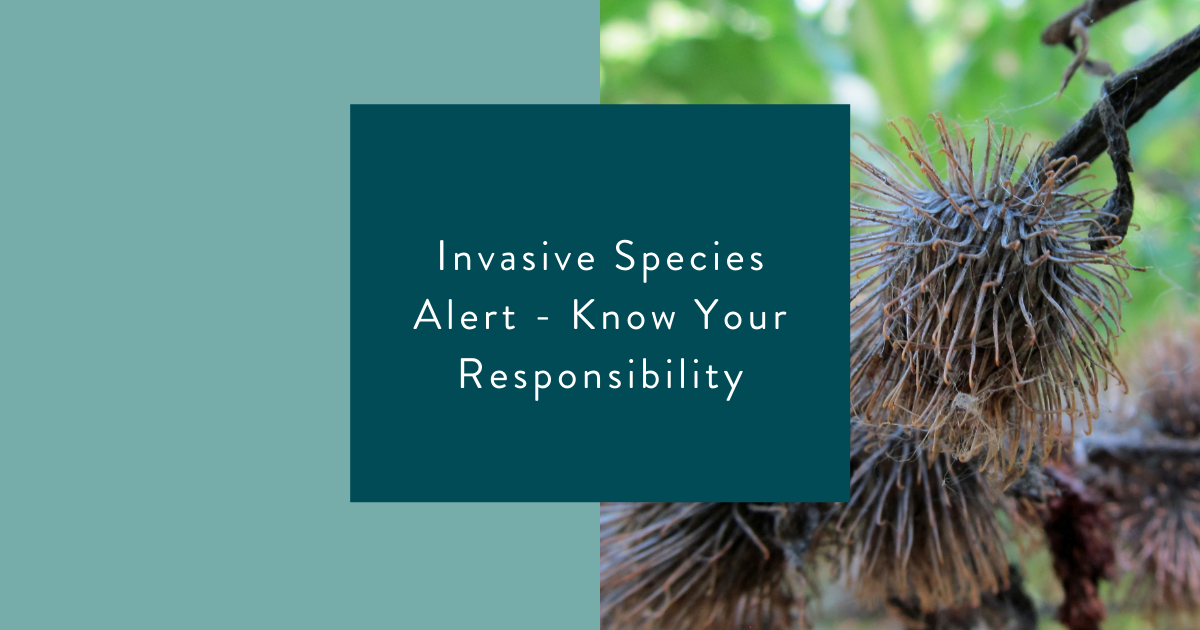
News & Resources
The latest Thompson Okanagan tourism industry news from TOTA, tourism businesses, and communities.
Watercraft transportation legal requirements to prevent invasive species, effective May 17, 2024
Effective May 17, 2024 in B.C. it is now illegal to transport your watercraft with the drain plug still in place, in order to prevent invasive species. Before transporting a boat or other watercraft, owners/operators must remove the drain plug and drain all water on dry land including all internal compartments such as ballasts, bilges, and live wells. Allow a minimum of 24 hours drying time for watercraft and/or equipment before entering new waters.
Effective May 17, 2024 in B.C. it is now illegal to transport your watercraft with the drain plug still in place.
Before transporting a boat or other watercraft, owners/operators must remove the drain plug and drain all water on dry land including all internal compartments such as ballasts, bilges, and live wells. Operators should also allow a minimum of 24 hours drying time for watercraft and/or equipment before entering new waters.
Learn more:
Risk of Invasive Mussels to Okanagan Lakes & Waterways
The Okanagan Basin Water Board (OBWB) has increased calls for action after the announcement of invasive mussels in a tributary to the Columbia River, which connects to the Okanagan. The OBWB began calling for a temporary moratorium on watercraft coming into BC. Support for the moratorium has been gathering steam with letters coming in from BC municipalities, chambers of commerce, TOTA, and others.
The Don't Move a Mussel campaign website has resources to learn more about risks and prevention, and to raise awareness.
The Okanagan Basin Water Board (OBWB) has been stepping up calls for action after last September’s announcement of quagga mussels in the Idaho’s Snake River, a tributary to the Columbia River which connects to the Okanagan, and only an 11-hour drive to the BC and Alberta border.
Idaho’s desperate response was to spread toxic copper chelate into the river, killing almost seven tonnes of fish and poisoning a 26 km stretch of the river. The effectiveness won’t be known until this spring.
In October, the OBWB began calling for a temporary moratorium on watercraft coming into BC until results from Idaho’s efforts are known and the Province has closed any gaps in its Invasive Mussel Defence Program. Support for the moratorium has been gathering steam with letters coming in from BC municipalities, chambers of commerce, the Thompson Okanagan Tourism Association, and others.
Tourism businesses and residents can review the Don't Move a Mussel campaign website to learn more about risks and prevention, and access resources to raise awareness.
Invasive Species Alert - Know Your Responsibility
Most people do not realize that tourism is a major cause of invasive species spread and introduction, especially to remote natural areas. Invasive species can hitch a ride on our clothing, footwear, luggage, vehicles, boats and even our pets. Costing Canada billions of dollars every year, invasive species are also listed as the second biggest threat to biodiversity, next to habitat loss.
When COVID-19 restrictions were lifted in many parts of the province this past summer, many people started traveling again. Of course, traveling anywhere these days means taking extra precautions to not transmit any unwanted things we may carry. While COVID-19 fits into this category, it also relates to, invasive species.
Most people do not realize that tourism is a major cause of invasive species spread and introduction, especially to remote natural areas. Invasive species can hitch a ride on clothing, footwear, luggage, vehicles, boats and even pets. Costing Canada billions of dollars every year, invasive species are also listed as the second biggest threat to biodiversity, next to habitat loss.
BC is home to more species of living things than any other Canadian province, with over 70 per cent of Canada’s nesting bird and land mammal species and over 60 per cent of its plant species. This diversity makes this province “Super Natural” — but it also means it has the most to lose.
Whether travelling by air, land or boat, unwanted “hitchhikers” may be tagging along. Species like carpet burweed, burdock or thistles can easily cling to clothing, boot soles and tent pads and become established in a new, pristine area.
Enjoy the great outdoors and adopt these simple actions to protect the many native plants, animals and ecosystems that we all depend on:
Brush off all dirt and seeds from your shoes when leaving a trail or natural area.
Shake out your tent before you pack up your camp site.
Brush off any mud or seeds from your bike or ATV tires at the end of a trail.
Clean Drain and Dry your watercraft when moving between water bodies to make sure no unwanted hitchhikers get a free ride to a new lake or stream.




